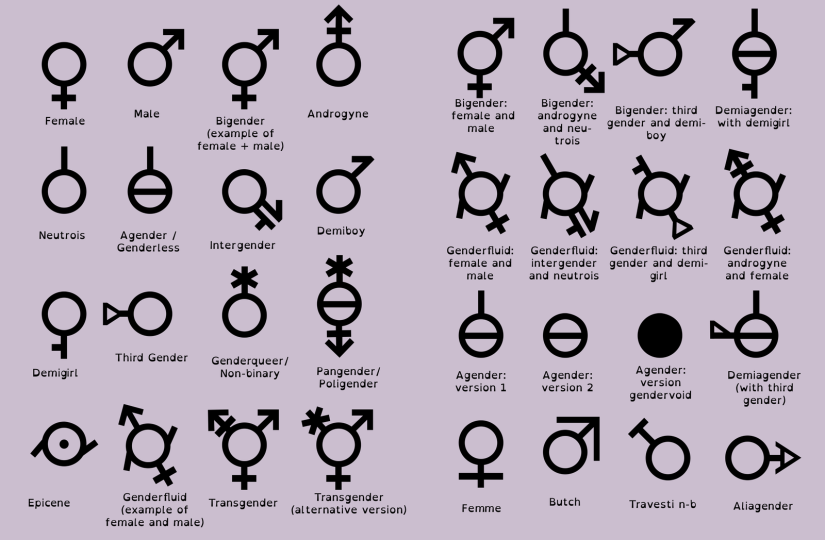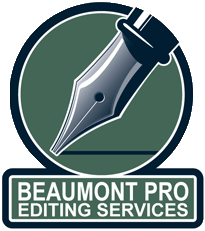Personal pronouns – a thorny and complex issue
I’m just back from my second SfEP conference, held in Aston this year. As with my first, in 2017, it was great to talk to other (mostly) freelance editors and proofreaders and do a bit of CPD, which has been sorely lacking from my schedule this year. A highlight was definitely the $/%*ing brilliant opening talk – at 9.15am on Sunday! – from ‘Tartan Noir’ author Chris Brookmyre: if you ever get a chance to attend a talk of his, do so.
Probably the most thought-provoking session I attended was by linguist Erin Carrie, on bias in language (her colleague Rob Drummond treated us to another highly entertaining speech after the gala dinner on Sunday). This mostly focused on, for example, dialects and accents, but then we moved on to personal pronouns – this was timely as it was the first SfEP conference in which delegates could choose to add a pronoun preference to their ID badge, and it coincided with Sam Smith’s announcement that he wanted to be referred to as ‘they’.
And this is where things get contentious…

As a heterosexual biological woman I’m not even going to begin to try and put myself in the shoes of anyone on the trans spectrum, but as a biologist by training and someone who has worked in biomedical and healthcare information for 30 years, I do struggle with the concept of being gender ‘non-binary’. I’m fully supportive of transsexual rights, and think – just like everyone else regardless of sex, colour, religion or culture – all trans people should be treated with respect and politeness.
But, I do also have concerns about upholding women’s rights, especially when it comes to fully biological males (i.e. those who haven’t even started any hormonal treatment) who ‘identify’ as women. As you may be aware, there is a huge debate around this at the moment, much of it on Twitter, about issues such as men competing in women’s sports (which most people would admit is going to lead to an unlevel playing field physically) and excluding men, no matter how they identify, from safe spaces for vulnerable women: see, for example, the attacks on Vancouver Rape Relief & Women’s Shelter because they refused to provide services to transgender women.
So how is this relevant to editing? Well, luckily in my area it’s not an issue that I’m likely to come across very often, but editors working on e.g. government and NGO publications are perhaps going to have to grapple with the terminology more often in the near future, and in fiction it’s open season (do read Jeffrey Eugenides’ Middlesex if you haven’t already). What struck me in Carrie’s talk was the example sentence she used to discuss what is ‘correct’ grammar and what isn’t. After going through the obvious version and the garbled alternatives, she presented a final version that was something like:
John is funny. They make us laugh.
Now here is where us editors may have to start accepting ‘non-standard’ – a favourite phrase of Drummond’s – usage. And it also goes back to one of Carrie’s main themes, which was what is ‘standard’ English anyway, and who decides what qualifies? When conversing with people, I often refer to a particular friend or acquaintance as ‘they’ rather than he or she, and the singular they is perfectly correct grammatically and has been for many years.
Wearing my editing/proofreading hat, however, I find the sentence above terribly jarring. If I had no instructions as to why John was a ‘they’, I would edit it to ‘he makes’. If it was a more gender ambiguous name, like Alex or Sam, and I didn’t know anything about the person being referred to, I would query whether it should be he or she.
I will confess my thoughts on this are far from fully formed, and it will be fascinating to see what happens in this area over the next few years. Is proclaiming yourself to be non-binary just a passing fad – even an affectation – or is gender fluidity going to become more common as people begin to reject society’s labels and the expectations and demands they bring?
And how will we as editorial professionals keep on top of it all and know what is correct grammatically or offensive to the individuals who don’t want to identify as male or female or are transitioning from one to the other? I am sure the lovely new Chartered Institute of Editing and Proofreading members will help guide and inform each other, and as is usual, I hope all viewpoints will be respected.
